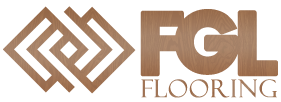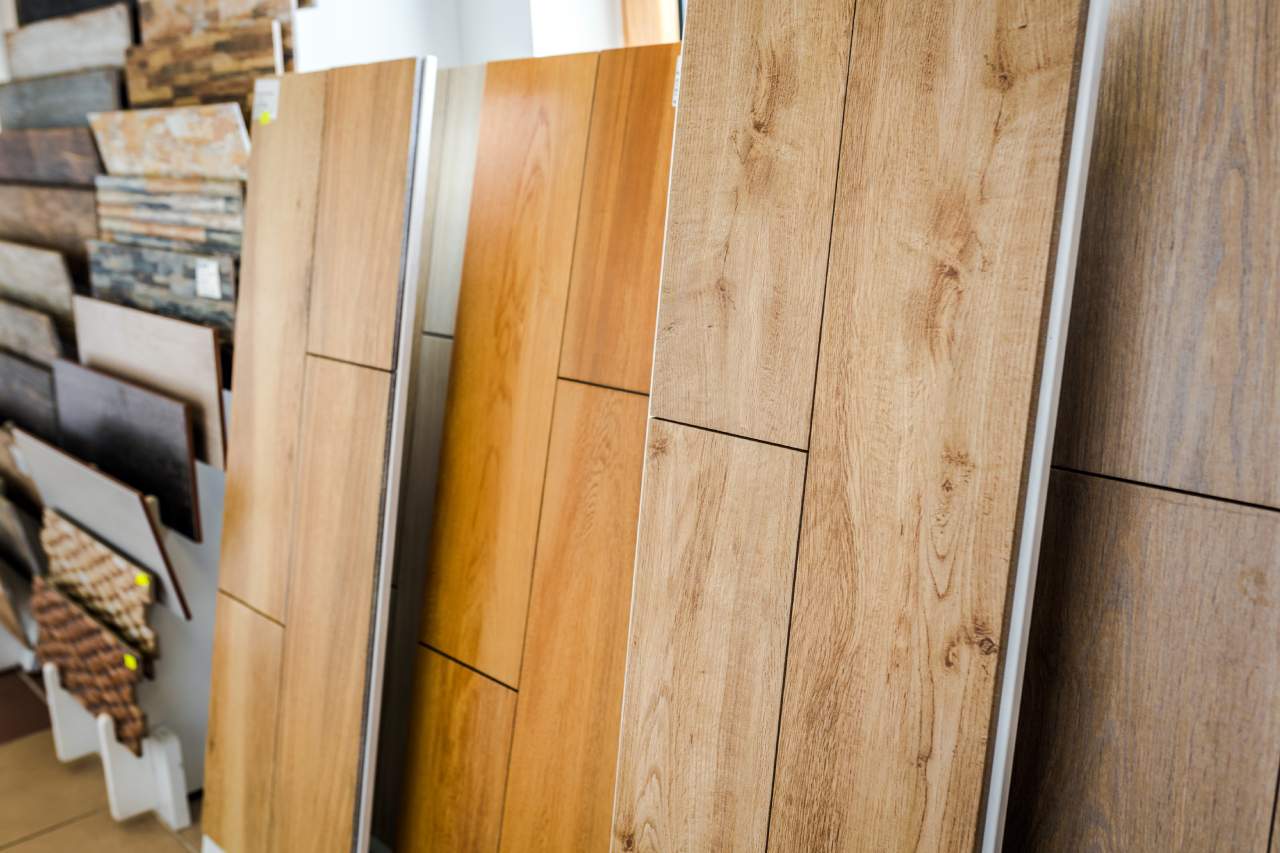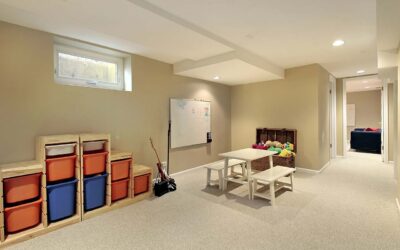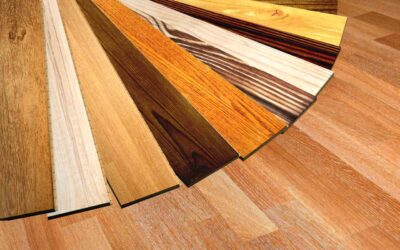There are so many different details to consider when designing or renovating your home—and that includes plenty of different flooring options. Choosing the right floors is an important part of bringing together the entire look of your space, and they should provide you with the right functionality as well. It’s not enough for flooring options to just look great; they need to meet the needs of your home and your family as well.
So where should you start? In this article, we’ll cover some of the different types of floors that are available, plus the various factors that you’ll want to keep in mind as you do your research on flooring options.
CERAMIC TILE
Ceramic tiles are made of natural materials like clay, sand and water. The elements are molded into a tile shape and baked at a high temperature in a kiln. Ceramic tiles come in both glossy and matte finishes and are used in kitchens, bathrooms and entryways. Once the tile is finished, a special glaze is applied to protect it.
Pros: Ceramic tiles are highly durable and you can choose from numerous designs and colors. Furthermore, they are perfect for homes with children or pets because they don’t get scratched easily. The tiles can be placed in high-traffic areas and they won’t show wear and tear. Ceramic tiles are also easy to clean and are highly resistant to germs.
Cons: Ceramic tiles can suffer damage from exposure to sunlight and the pattern tends to fade over time. They are also slippery and children and the elderly must be careful when walking on ceramic tiles, especially with socks. The material isn’t conducive to areas where people stand a lot because the tile doesn’t give. Ceramic tile is also cold in the wintertime, so the bathroom or other places where you walk barefoot aren’t always the most comfortable.
CONCRETE
A lot of people don’t think about concrete as a flooring material, but it’s becoming more common. Concrete flooring can come in a variety of colors and textures and can add warmth to a room. Kitchen, living rooms, and entertainment rooms are perfect places for concrete floors.
Pros: Concrete flooring is highly durable; it’s difficult to scratch or scuff this material. A concrete floor also acts as insulation and reduces heating and cooling costs. Additionally, concrete isn’t combustible and increases the fire protection of a home. Being a flat, smooth surface, these floors make for easy cleaning and maintenance.
Cons: Any damage to concrete flooring is hard to repair. You can’t just add a small patch to fix things up. Also, rooms with concrete floors tend to be loud as sound easily bounces off the floor rather than absorbing into the material, like carpet. Concrete is a hard surface and can be uncomfortable to stand on for long periods of time.
VINYL
Vinyl flooring is similar to linoleum and is often installed in bathrooms and kitchens. The material has made huge advances in recent years, and both vinyl sheets and vinyl tiles are available. Patterns can resemble wood but bright colors and patterns are also manufactured.
Pros: Vinyl flooring is water resistant and is easy to clean with a broom and mop. Vinyl stays warm in the winter and is difficult to damage. Stains are easily removed from this material with a little soap and water or a vinyl cleaner.
Cons: Chemicals are used to manufacture vinyl flooring and those chemicals release volatile organic compounds (VOCs). VOCs have been known to harm the lungs and cause eye irritation. Due to this type of material, it can be difficult to repair a damaged section of vinyl flooring. The section must be ripped out and new flooring has to be installed.
WOOD
Hardwood floors went out of style in the 1970s and 1980s, but have become extremely popular in recent years. People seem to really enjoy the natural look of hardwood floors. Hardwood can be solid wood or engineered (where the wood is assembled over an artificial core). Oak, maple, cherry, walnut, and pine are common woods used for hardwood flooring.
Pros: Hardwood flooring is a great investment. Homes with hardwood flooring have a strong resale value. You can customize the look of hardwood floors due to the various types of woods and finishes which creates numerous options for homeowners. The wood also serves as good insulation in the home.
Cons: It’s easy to damage hardwood floors. Water and other liquids can stain them, leaving you with a hefty bill to either have the wood resurfaced or new wood installed. In addition to that, hardwood floors can be expensive to install.




0 Comments